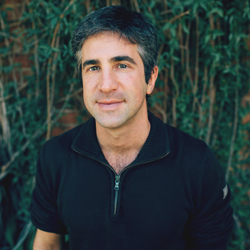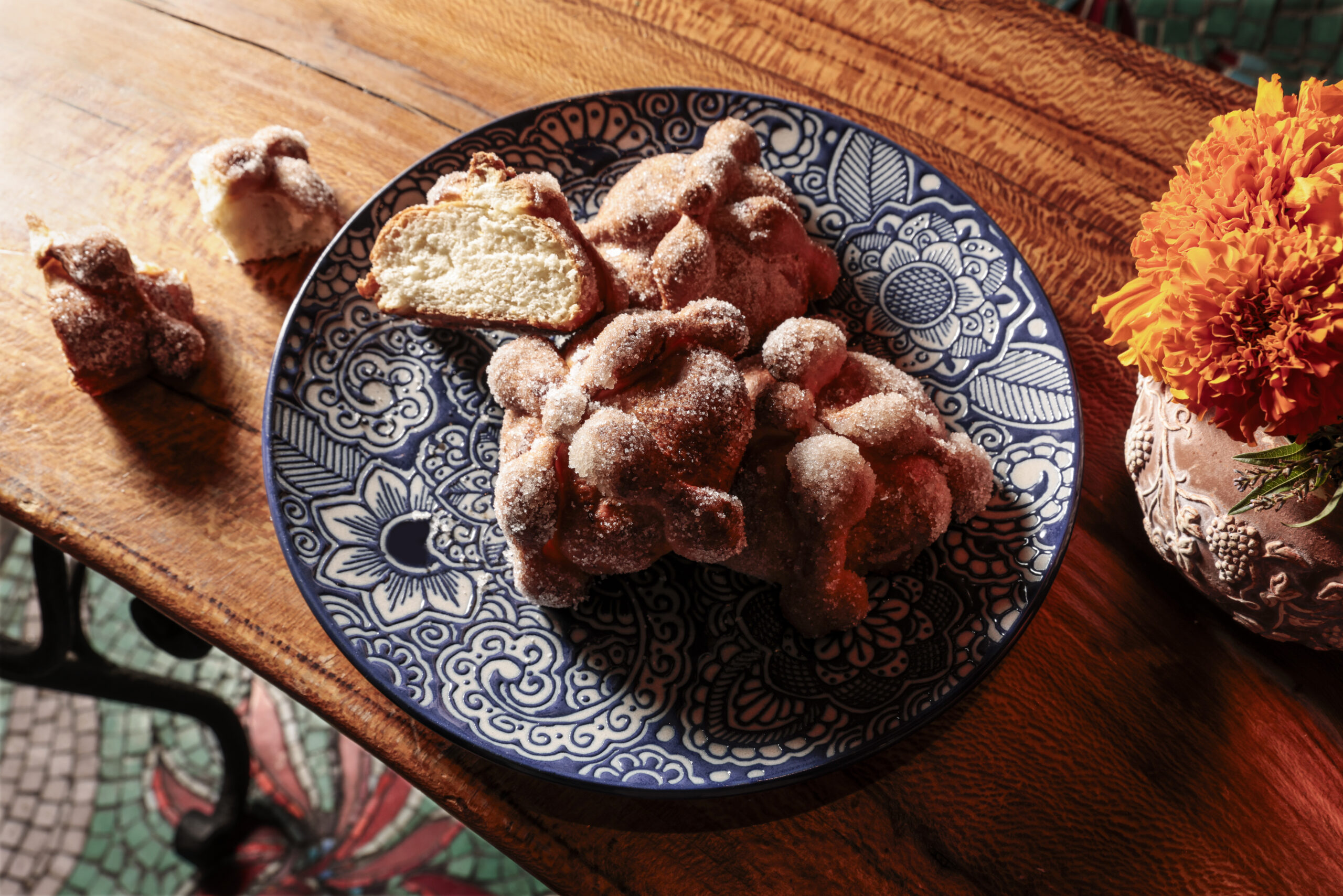Interview with Nutritionist Daniel Fenyvesi
 Daniel Fenyvesi has quite the background in nutrition having worked in weight loss programs across Latin America, Oakland and San Diego. He has also developed here at The Ranch additional creative breakfast and lunch options that are gluten, soy and dairy free. He was kind enough to grant us an interview about the new changes at RLP, what constitutes a healthy diet and his background in nutrition.
Daniel Fenyvesi has quite the background in nutrition having worked in weight loss programs across Latin America, Oakland and San Diego. He has also developed here at The Ranch additional creative breakfast and lunch options that are gluten, soy and dairy free. He was kind enough to grant us an interview about the new changes at RLP, what constitutes a healthy diet and his background in nutrition.Kate Bello: How did you get interested in diet and nutrition?
Daniel Fenyvesi: My mom is from France, my father is from Hungary. I grew up eating food that was different from everyone I knew. My dad was always an avid gardener so we ate many meals straight from the garden. This was in the era (80s) before gourmets discovered organic and local (gourmet was focused on imported foods from Italy, France, etc…) so what we were doing was not all trendy or popular.
KB: What is your background in implementing weight management programs at various locations around the world?
DF: I worked on weight loss programs in Oakland at La Clinica De La Raza, in San Deigo with Wellspring weight loss camps, in my own private practice and in volunteer settings in Latin America. I also started a weight loss program for Rancho’s Mexican staff, which is still running.
KB: How has your own weight loss affected your view on losing weight?
DF: I would never have been interested in this specialty had it not been for my own struggles with weight, just knowing what a challenge it was for me personally helps me understand the obstacles my clients face.
KB: Why do you think most people have a hard time losing weight and keeping it off?
DF: The answer varies from person to person, everyone faces different obstacles though there are some common threads: time pressures, stress, and a lack of a consistent scientifically/nutritionally sound long term plan.
KB: What is the number one mistake most people make when trying to diet?
DF: I see many people who are attracted to very intense weight loss regimes, some of them are dangerous fad diets and others are very healthy but impossible to sustain long term. In both cases the result can be a cycle of deprivation and weight loss which is followed by an equally intense cycle of backsliding/indulgence/weight gain.
KB: Why have we implemented green juices instead of smoothies as our afternoon snack? What kind of health benefits do green juices have?
DF: When I was studying the diets of ranch guests I realized they were eating plenty of fruit (there is fruit available as snacks, in the lounges, saloons etc…), most were eating between 200-400 calories a day in fruit so it was nutritionally redundant to offer a fruit smoothie that was at least another 150-250 calories. On the other hand vegetable juice has about 1/5 the calories – it makes the blood more alkaline, is full of electrolytes, anti-inflammatory phytonutrients and a host of vitamins and minerals.
KB: Tell us about some of the changes you have created for our breakfast and lunch menus.
DF: We debuted on Feb 16th a new menu for one side of the dining hall. The breakfast menu features more of a Mexican flavor. We have fresh, handmade corn tortillas, lots of vegetables, salsas and delicious beans. The lunch menu is similar to our traditional spa menu, but is free of all the common allergens and is prepared without any added fats/oils.
KB: How important is nutrition when it comes to losing weight vs just exercise?
DF: For some lucky folks just exercise is enough but for most of us it is only part of the solution. Nutrition is about making a caloric budget that is both nourishing and supports your weight loss goals.
KB: Have you learned any weight loss or health tips from your travels to different countries?
DF: I have spent a great deal of time volunteering in Nicaragua and I love the relaxed pace of meals there, no one reads, watches TV or uses a computer during meals. Meals are an important time to socialize. I also learned from that culture that one can thrive on, and even learn to enjoy, a very simple diet.
KB: What are a couple of things people can start doing today to reach a healthier weight?
DF: Keep a dietary journal, its the one practice that, no matter the diet you choose, has been shown to help everyone that does it.
Thanks so much Dan!


